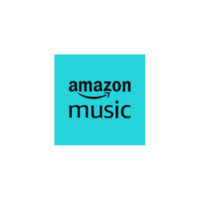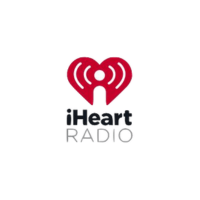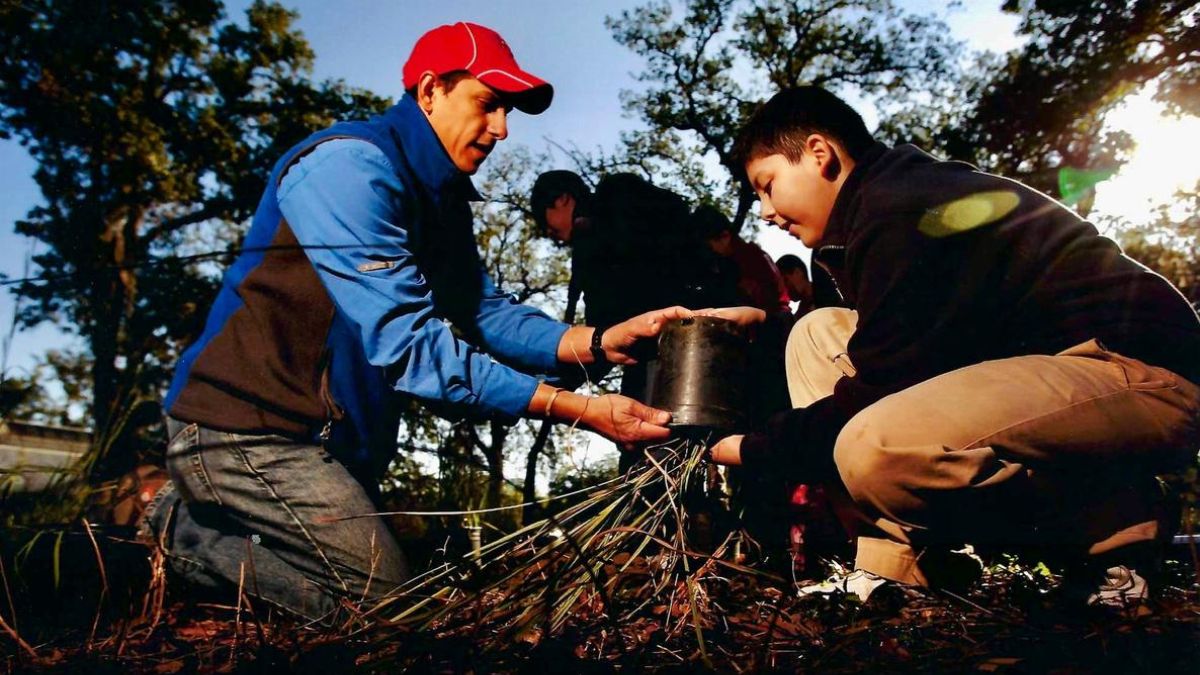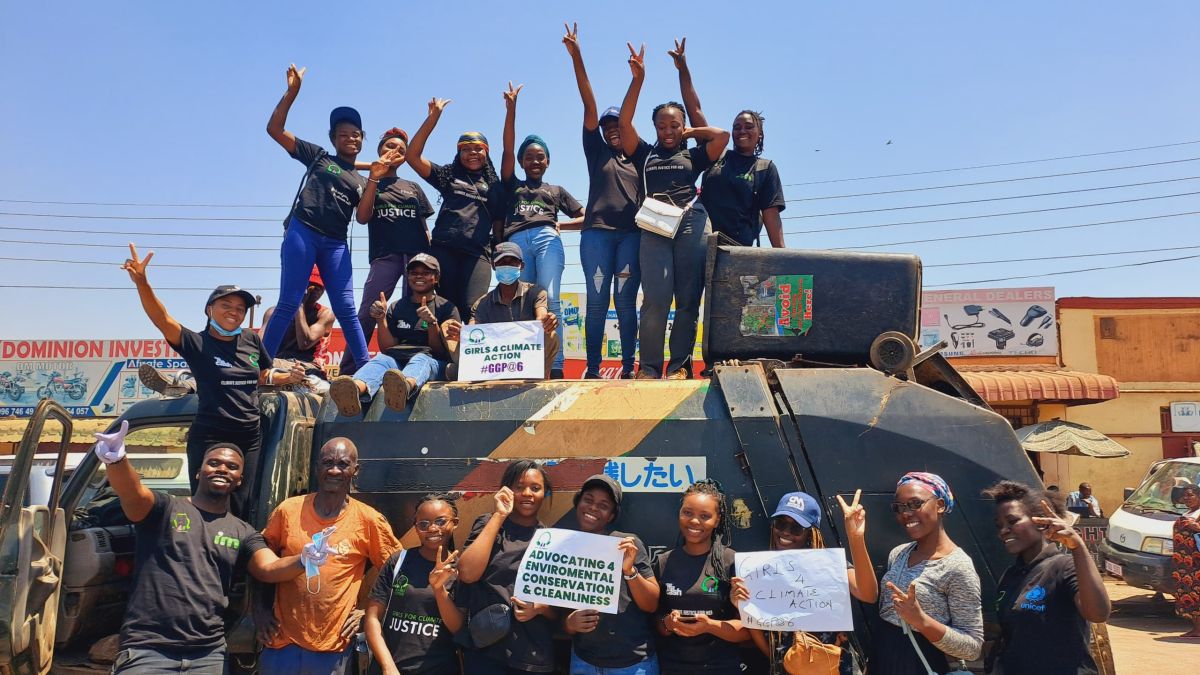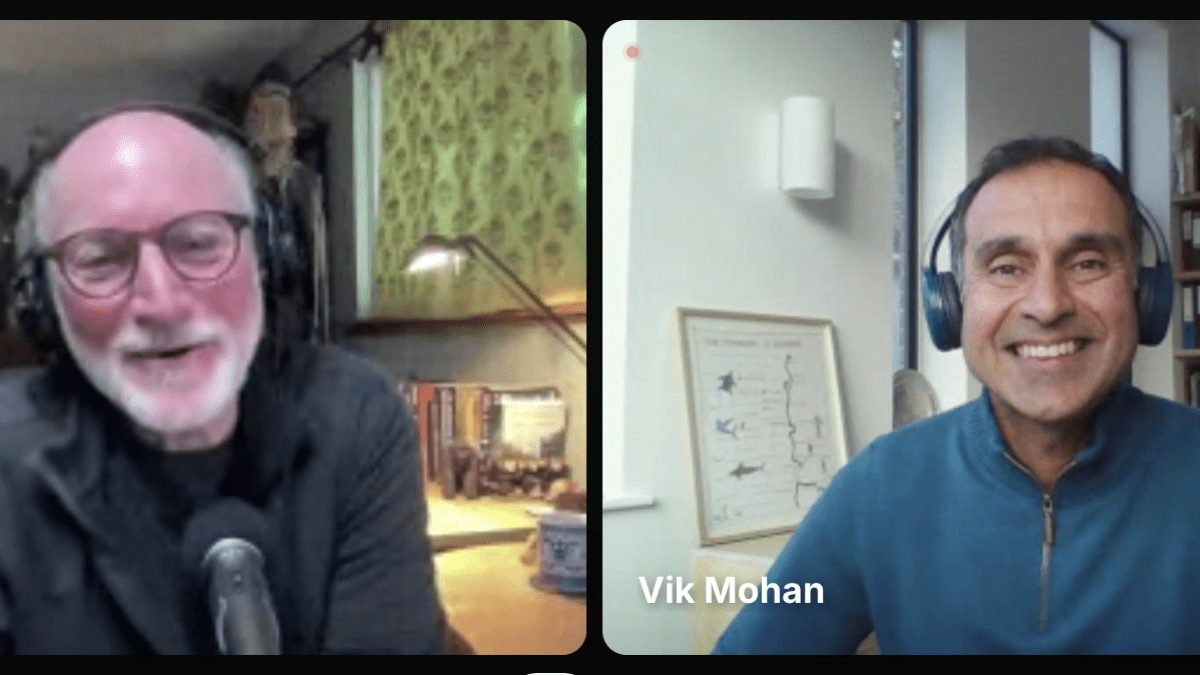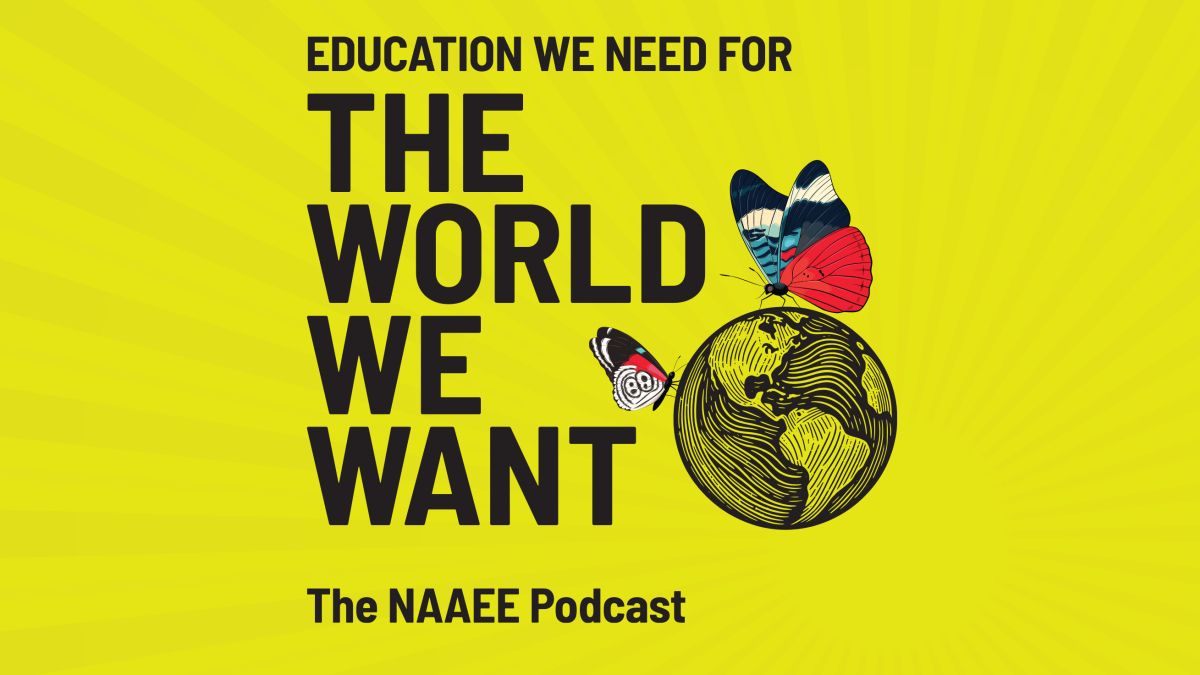Image
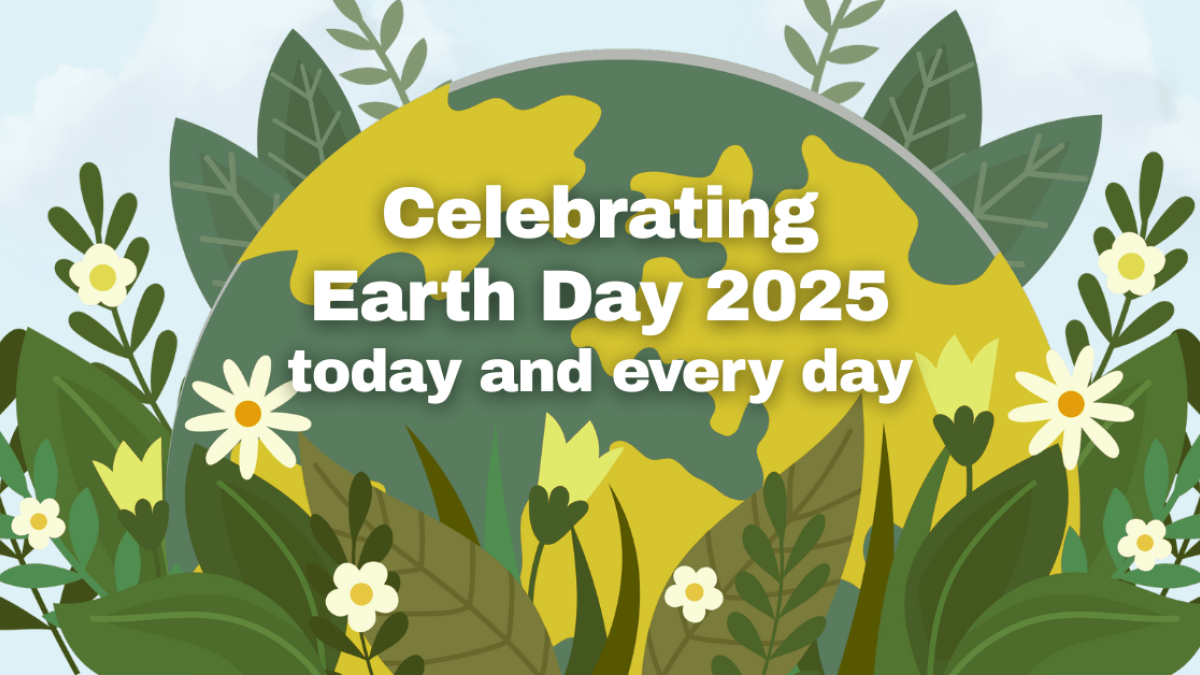
In this special Earth Day episode of The World We Want, host Gerry Ellis is joined by Judy Braus, Executive Director of NAAEE and longtime leader in the environmental education field, to talk about how education fuels action, connection, and a sense of possibility in the face of our biggest challenges.
Listen Now
Resources for educators
Listen to recent webinars on creating active hope
- Town Hall with Kristen Grimm: Communicating for Impact in Challenging Times
- Building Resilience: Strategies for Personal Well-Being
Enjoy episodes of The World We Want: The NAAEE Podcast
- Global Voices: Lessons from Young African Leaders on Climate and Sustainability
- Nature and Belonging: Fostering Meaningful Youth Mentorship with CJ Greco
- Outdoor Classrooms and Digital Tools: Reimagining Education for Today’s Students with Stefan Moss
- Teaching Through Laughter: A New Bridge to Climate Conversations with Esteban Gast
- See all of the Season 1 episodes of The World We Want
NAAEE Fellowship and Cohort Opportunities
Transcript
00;00;00;00 - 00;00;35;04
Carrie Albright, NAAEE
Hi everyone. I'm Carrie Albright, and welcome to this special episode of The World We Want. Where we celebrate the 55th birthday and where our host, Gerry Ellis, talks with our very own Judy Braus, executive director of NAAEE and longtime environmental education champion. Together, they discuss the role of education in inspiring generations to care, to connect, and to create a better future for us all.
00;00;35;07 - 00;00;55;07
Carrie Albright, NAAEE
They also talk about one of the most powerful tools within environmental education—hope. Not the wishful kind, but an active, informed hope which serves as a driving force that teaches us to work together and learn together and together. Create the world we want.
00;00;55;09 - 00;01;12;29
Gerry Ellis, Host
Hi everyone and welcome to this special episode of the World We Want Earth Day 2025. I am super excited to do this because my guest is the Executive Director of Judy Braus. Hi, Judy, how are you?
00;01;13;02 - 00;01;17;20
Judy Braus, NAAEE
Hi, Gerry. Nice to see you. Especially on Earth Day.
00;01;17;21 - 00;01;32;00
Gerry Ellis, Host
You know, part of the reason I was excited about doing this with you was because we are celebrating 55 years of Earth Day, and you and I are not to reveal any ages, but you and I actually remember when Earth Day started.
00;01;32;03 - 00;01;36;28
Judy Braus, NAAEE
Speak for yourself, Gerry. I'm not that old. Maybe you are.
00;01;37;00 - 00;02;01;03
Gerry Ellis, Host
Okay, I will take that one and I'll accept it. I'm very proud that I remember when Earth Day started in 1970. But the thing that's fascinating to me is I don't think that in 1970, when the small cluster of people got together and said, we need to find a day to really focus the world's attention on the planet, I think they hoped, but I don't think they would have thought that 55 years later.
00;02;01;09 - 00;02;26;25
Gerry Ellis, Host
Millions of people around the world would set this day aside to focus on our planet, and not only all the work that needs to be done, because I think you and I would both agree that there's a ton of work that needs to be done. The fact that it is such an amazing planet, the most incredible biodiversity we could ever imagine, all the incredible living creatures on this planet.
00;02;26;27 - 00;02;52;21
Gerry Ellis, Host
And I know both of us have gotten, you know, some really rare opportunities to see some of it. And let's talk about that for a little bit. And, and especially the role that environmental education has played and nature based education to really inspiring a new generation to think about this planet in a different way and the positive role that they can play in, in facing the challenges that we face.
00;02;52;22 - 00;03;08;19
Gerry Ellis, Host
That's why I wanted to get you on and just get your thoughts on it, because you've been such an instrumental driver of this, whether it's been in your current role or in previous roles, it was World Wildlife Fund and the National Audubon Society and other places.
00;03;08;22 - 00;03;44;06
Judy Braus, NAAEE
Well, Gerry, I agree that it's pretty amazing how many people are engaged in what we might call the environmental movement, but the environment is such a big word and a big movement. And since that first Earth Day, and it started because there were so many environmental issues, and here we are 55 years later, and there are so many environmental issues, social issues, environmental justice issues, and environmental education is still so important, so incredibly essential to how we can address some of the challenges that we face.
00;03;44;08 - 00;04;10;23
Judy Braus, NAAEE
But it's so much more than that because it's not just addressing the challenges. Like you said, biodiversity is amazing. Nature is amazing. You can step outside and your stress levels go down. All of that good stuff. So environmental education is trying to do so many different things, including helping people understand how the world works and their role in it, and also what they can actually do to create a better future.
00;04;10;26 - 00;04;51;14
Judy Braus, NAAEE
And I'm just really lucky to work with the networks I have been able to work with. Dedicated educators who are trying to make the world a better place, working with all ages from our earliest learners in preschool all the way to senior citizens like you, that are really trying to make a difference. I really think that society needs to value educators so much more than they are, because educators actually train everyone to be in whatever professional they're in and work with everyone, but they are like the saints of society that are really helping us address these issues.
00;04;51;17 - 00;05;16;11
Judy Braus, NAAEE
And it's not just teaching the facts, as you know, it's developing the skills and the motivation and the attitudes and the know-how to be able to be a productive citizen. So environmental education is essential. It's not a nice-to-have. It's a need-to-have. And we've watched that play out over the last 55 years, not just in our country, around the world.
00;05;16;15 - 00;05;32;16
Gerry Ellis, Host
What I'm walking away with, in talking to so many people on this podcast, is the fact that it's—it does permeate every single part of our lives. And at some point, maybe we don't call it environmental education, we just call it good education.
00;05;32;22 - 00;05;59;19
Judy Braus, NAAEE
Well, that's what it is. And in the future we won't have environmental education. It will just be how we do our work and our education. But until we get there, we're still teaching in silos. As you know, we're not doing the systems thinking. We're hoping. It's not everywhere. There are a lot of really wonderful places that are really trying to take a systems approach and promote critical thinking and collaboration, problem solving, all that good stuff.
00;05;59;22 - 00;06;19;03
Judy Braus, NAAEE
But it's still not everywhere. When we look at some of the research, we know that many, many, many educators and young people are not getting any of the important information they need on climate education, what it is, what they can do, how they can address it in their communities. That needs to be embedded in our education systems as well.
00;06;19;03 - 00;06;45;05
Judy Braus, NAAEE
As you talked about biodiversity, the amazing biodiversity in the world. It's not really integrated into our teaching and in the ways that it could and should be. So yeah, there's a lot more that we can't do, but there are just so many bright spots around the world where this is happening, and that's what we can learn from. But we have a long way to go before we have to get rid of environmental ed the world, because it's happening everywhere.
00;06;45;05 - 00;07;17;11
Judy Braus, NAAEE
It's not yet, but it's getting there. It's better than it was. And we had hiccups along the way as some people push back for political reasons, when in fact everyone needs clean air, clean water and a healthy environment and a thriving biodiversity to survive. And environmental education is all about that, including the part of, okay, how do we work in our communities to actually create healthier communities, more environmentally friendly communities, more environmentally just communities?
00;07;17;11 - 00;07;19;25
Judy Braus, NAAEE
How do we do that? And education provides that.
00;07;19;25 - 00;07;39;16
Gerry Ellis, Host
That. Well, and I think that's I guess that's one of the bright spots of this and that I would love to celebrate on this day. And that is, you know, a program that you have been so instrumental in getting off the ground and building and that's the 30 under 30 program. It's—because now you're looking at—
00;07;39;19 - 00;08;01;23
Gerry Ellis, Host
But that's one of the things that gets me so excited about, you know, celebrating this day is programs like you have been so instrumental in driving forward and growing. And that's called 30 under 30. And I think about some of those young people, they have grown up in countries that the word environment doesn't even exist. And now it exists.
00;08;01;23 - 00;08;28;00
Gerry Ellis, Host
And environmental education as a concept now exists. I'm thinking of a couple from Africa, most recently that we talked to on the program, and you know that 20 years ago, 30 years ago, they wouldn't even have known. That wouldn't even have been an opportunity for them in their education. And now they're embracing it. They're looking at it as a way forward.
00;08;28;05 - 00;08;45;06
Gerry Ellis, Host
They're engaging others in their local communities in it. And I think that's, you know, that's one of the overlooked powers, maybe, of what Earth Day has become, is it's creating opportunities like that for people to see the planet in a different way.
00;08;45;09 - 00;09;11;13
Judy Braus, NAAEE
So, you know, Gerry, when people ask me of all the things that we do, what do I like best about working at a and the work that we do? And, it's kind of like picking your favorite child. But I will say that I absolutely love our leadership programs. So 30 under 30, recognizing 30 incredible young people from around the world every year and creating that network so that they have a network, they have opportunities for professional development.
00;09;11;13 - 00;09;36;21
Judy Braus, NAAEE
They have opportunities to learn and to grow. I love that program as well as like our CEE-Change Fellowship. And I know you've had we've had Harrison and we've had Richie. We had so many wonderful people on our podcast so far. But the CEE-Change fellows are it's an intergenerational fellowship program and again, another leadership program where we're trying to link civic engagement and environmental education.
00;09;36;24 - 00;10;04;10
Judy Braus, NAAEE
And when you bring people together, like with the CEE-Change Challenge or the 30 under 30, they learn from each other. The CEE-Change Fellows are intergenerational. So it's early career, mid career, late career. The learning that takes place is incredible. The work that takes place is incredible, but everybody develops a lifelong group, network of colleagues that they keep for the rest of their lives, including me.
00;10;04;10 - 00;10;23;04
Judy Braus, NAAEE
I have all of these colleagues from all these leadership programs that help me and help NAAEE and help our field, and it's just such an honor to be able to have programs like this that not only help individuals and communities, but really help the field grow and expand and keep doing more.
00;10;23;09 - 00;10;44;27
Gerry Ellis, Host
When you have those networks and those fellowships, and you can turn to your peers and turn to mentors and turn to others, it just makes it all seem as though it's possible. It's not pixie dust of hope any longer. It's real world hope. You see pathways out of out of the challenges that we, you know, that we all face.
00;10;44;27 - 00;10;51;29
Gerry Ellis, Host
And I think that's something else. It's I would like to see us celebrate more. And maybe this is that special day that we do that.
00;10;52;06 - 00;11;19;04
Judy Braus, NAAEE
Networks are our lifelines. They really are. And, that's one of the best parts of being involved in multiple networks. And the people that you and I know together, other people that we've worked with, they're just incredible. And I still have colleagues with the Together Green program from Audubon, as you know, that are now speakers and poets and writers and incredible to watch people grow and change over the course of their careers.
00;11;19;04 - 00;11;45;06
Judy Braus, NAAEE
So, yeah, an environmental education has a way of bringing multiple disciplines together. If you just look at who we've featured on the World We Want podcast, it's scientists, it's educators, it's philanthropists. It's all walks of life that have a core connection with education, the environment and social issues. And we're all talking about solutions and what kind of world we want for the future.
00;11;45;07 - 00;12;14;29
Gerry Ellis, Host
And I think that well, and I think that's a great point, because if you look, if you span the group that we've just had in this short time of The World We Want podcast, there are some remarkable people, but they do. They come from so many different perspectives and walks of life. And that's really, you know, if we're if we're thinking again about this magic thing called Earth Day and what it takes for it to resonate across the planet, it is the fact that we all come with these different perspectives.
00;12;15;04 - 00;12;29;14
Gerry Ellis, Host
We all bring our unique views of the of the world and what we can contribute to it in that giant network to make it a healthy, vibrant, happy place to be. And yeah.
00;12;29;19 - 00;12;58;03
Judy Braus, NAAEE
Well, you know, the other thing that environmental ed does, it's some of those softer skills, the issues like building empathy and compassion and kindness and the things that we need as a human society to thrive. And building that into our learning and education creates the kind of citizens that we want to have around the world, the global citizenry that's going to actually create the changes to create a future that we do all want.
00;12;58;05 - 00;13;21;18
Judy Braus, NAAEE
And Earth Day is a time to celebrate. I think it's also a time to act. So yes, get outside, do things, plant a tree, work with others, volunteer. So it's celebrating and it's also acting and being a really good citizen. And Earth Day can highlight that. But it also can be a launchpad for doing this all year around.
00;13;21;18 - 00;13;36;11
Judy Braus, NAAEE
It's part of who we should be. We're all trying to create a better world. We're trying to help young people get the skills, the knowledge, the attitudes, the motivation and all of that. It's like empathy and compassion that we need so much now.
00;13;36;11 - 00;14;09;28
Gerry Ellis, Host
And it does matter. I mean, I think it's really easy sometimes. I know we both work on a level which we, you know, we see the challenges and we see the funding issues around them. And some of the bigger, bigger hurdles that are put in front of us to try to get things done. But then I think about, the little boy who lives across the street, who's nine years old for me, and he and he was talking the other day about their school was building this new garden, his grade school there for the first time ever.
00;14;09;28 - 00;14;25;03
Gerry Ellis, Host
They're building a garden. And he was so excited because he was going to get to work in it. And they were doing a bunch of stuff on Earth Day to kind of kick it off, but then it was going to keep going. And, you know, and it's amazing spring right now. And so those plants are going to start popping up and growing.
00;14;25;03 - 00;14;54;20
Gerry Ellis, Host
And he's going to see something that he does with this planet with the Earth. And you know, he's going to see it come to life. And that's it. There are very few things in the world that give you hope as much as when you actually get your hands dirty and you see something come alive right in front of your very eyes, you know, and I think, yeah, at nine years old, he doesn't see what you and I see.
00;14;54;22 - 00;14;58;11
Gerry Ellis, Host
He just sees opportunity. And that's kind of a cool thing to remember.
00;14;58;12 - 00;15;20;28
Judy Braus, NAAEE
While the other thing is, is that, some of the most powerful learning, as you know, happens outside, and right now, as people are feeling super anxious and stressed out, learning outside can be so healing. And I know you can talk to a lot of people about all the research that's out there about the benefits of spending time outside, learning outside.
00;15;21;00 - 00;15;59;10
Judy Braus, NAAEE
It really taps into something, as you were saying, that that really deeply human, our need for connection in the natural world. So your little friend is out there and he's seeing things grow, and it's a connection with the environment. And the other thing you mentioned that is a critical part of environmental education is hope. And it's not just Pollyanna hope, it's we often call it active help or informed help, where it keeps you moving forward, that you feel like you have agency to make a difference in the world that's so important because it is easy to see setbacks or, you know, have problems along the way.
00;15;59;10 - 00;16;22;08
Judy Braus, NAAEE
The issues are so big. We have to keep in our hearts that, wow, we can do something. No matter who we are. We have power, no matter who we are, no matter what is happening. And collectively, we have superpowers that can really make a difference. And that's another really important part of environmental ed. It's that hope that we can we can really have the agency to make a difference.
00;16;22;08 - 00;16;48;12
Gerry Ellis, Host
You know, we had on, we've recorded a podcast for The World We Want with Anna Rothman, who is the executive director at the Jane Goodall Institute. And we were talking about hope and the fact that, Jane, you know, that that her driving force is she's a hope. She is hope. But the thing that Anna said to me, that was really, it made me think about it in a very different way, she said.
00;16;48;15 - 00;17;16;18
Gerry Ellis, Host
Jane constantly says hope is a verb. She sees hope as a verb. And I think that, you know, as, as she said, to try to step away from that Pollyanna or pixie dust version of hope is to think, if we start thinking of a hope as a verb, it starts coming alive. And it's comes alive. In programs like 30 under 30, it comes alive in, you know, the Roots and Shoots program at the Jane Goodall Institute.
00;17;16;18 - 00;17;38;03
Gerry Ellis, Host
And there are a number of other programs I know. The IUCN, for example, is developing, a nature for all program. And in all of those programs, I think that's the goal is making hope a verb so that it becomes active. And we're out there, you know, we're living Earth Day every single day.
00;17;38;05 - 00;18;07;05
Judy Braus, NAAEE
Well, the action piece is really the important part. As you know, one of my favorite quotes is from, Pat Schroeder who said, you can't bring your hands and roll up your sleeves at the same time. So we got to get out there and do something and not just sit in the dark and worry, when things get bad and the networks that hope all of that is really important and actually doing something is really an anecdote, to kind of that despair Kristen Grimm thing
00;18;07;05 - 00;18;19;19
Judy Braus, NAAEE
You also know, who is an amazing communicator. We just had a town hall meeting with her, and she talks about environmental education as the anecdote to doomscrolling love that.
00;18;19;22 - 00;18;21;19
Gerry Ellis, Host
I love that too. That's great.
00;18;21;21 - 00;18;45;11
Judy Braus, NAAEE
And it's the anecdote to some of the anxiety that we're watching the anxiety generation, environment, while education is an anecdote because it's really helping people understand the issues, but also have the hope and the skills and the knowledge to be able to do something. And it's that know how that gives you kind of, yes, I can write a letter, I can do this, I can do that.
00;18;45;13 - 00;18;50;28
Judy Braus, NAAEE
And that's going to get somebody out of a slump can feel like, yeah, together we can make a difference.
00;18;51;01 - 00;19;17;14
Gerry Ellis, Host
Absolutely. So since this is called The World We Want and what would you and maybe in a different way, not only was the world you want, but what would you want the world to look like on Earth day 100, assuming you could look at the Earth, for celebrating its 100th anniversary of Earth Day in 2070, what would you want the world to be like?
00;19;17;14 - 00;19;41;25
Judy Braus, NAAEE
So, as you could probably imagine, I've thought about this a lot since we started the podcast. So what if the kind of world that I want to see and I would say it's like what many of our guests have said, it's where people in nature can thrive. It's a world where every child grows up with clean air and clean water, green spaces to play in, where environmental education actually doesn't exist.
00;19;41;25 - 00;20;04;00
Judy Braus, NAAEE
If she does good education and it's not a nice to have, it's actually every learner has access to great education and where people actually do feel empowered and not overwhelmed, and where equity and justice are baked into everything we do. Again, that's not an add on. That is the core of what we do, and it's where learning is
00;20;04;05 - 00;20;29;08
Judy Braus, NAAEE
It's lifelong, it's inclusive. It's rooted in joy and creativity that I'd love to see that and a world where people feel a deep sense of belonging to the natural world as we keep, you know, the human population grows and we have so many environmental issues all coming together that we can still hold on to the joy and also the fact that we need some bold actions.
00;20;29;11 - 00;20;55;13
Judy Braus, NAAEE
And I'll just add, I would love to have the world, you know, at the 100th anniversary, celebrate the role of educators and the work that they do in this society to make it a better place, because they are incredible and really, on this Earth Day, the other thing I would say is that I do hope we all stand up for what we care about, for our environment, for education, for justice, for democracy.
00;20;55;16 - 00;21;17;19
Judy Braus, NAAEE
I was listening to Robert Rake, the other day and he said, courage is contagious and I just hope everyone listening find the courage, whatever that means for them. It's different for all of us to protect our freedom, to learn, to care, to act. All that is super important. So this world we want isn't a dream, Gerry. We can do it.
00;21;17;21 - 00;21;18;08
Judy Braus, NAAEE
We can get.
00;21;18;08 - 00;21;41;16
Gerry Ellis, Host
There. And I tell you, the world I would want is that word joy. I hope that we would just that there would permeate everything that we do. I've always believed that kindness and joy if those could just dominate everything we do, a lot of the other issues out there would take care of themselves, because they would be they would be smothered in, in kindness and enjoy.
00;21;41;16 - 00;21;44;21
Judy Braus, NAAEE
So and I would add compassion and hope.
00;21;44;23 - 00;21;47;10
Gerry Ellis, Host
There we go.
00;21;47;12 - 00;21;49;01
Judy Braus, NAAEE
And I have a whole list.
00;21;49;03 - 00;22;11;27
Gerry Ellis, Host
Judy, I want to wish you a very happy 55th anniversary Earth Day. Thank you for doing this. I'm so excited to share this with everybody and share your voice. It's been you have been such a bright spot in my life for the last. We won't say how many decades, but it's been a wonderful journey.
00;22;11;27 - 00;22;15;19
Gerry Ellis, Host
And, thank you for sharing it. And thanks for being on The World We Want.
00;22;15;20 - 00;22;34;24
Judy Braus, NAAEE
Thank you, Gerry, and I have loved working with you every single minute. And thanks for all you do to create this world we want. You are pretty darn amazing. So thank you so much and keep at it. And thank you for being the host of this amazing podcast. Happy Earth, Ger.
00;22;34;26 - 00;23;03;18
Carrie Albright, NAAEE
However, you are celebrating Earth Day today and every day, we appreciate the role you play in making a difference in the world. You can find some amazing resources on hope, community, engagement, and so many other thoughts shared today on our website: NAAEE.org/podcast. For The World We Want: The NAAEE Podcast. I'm Carrie Albright. Thanks for joining us for this special Earth Day celebration.
Listen to More Episodes of The World We Want
Enjoyed This Episode?
Share your thoughts, takeaways, or resources you'd love to see featured by logging in or creating a free eePRO account.



